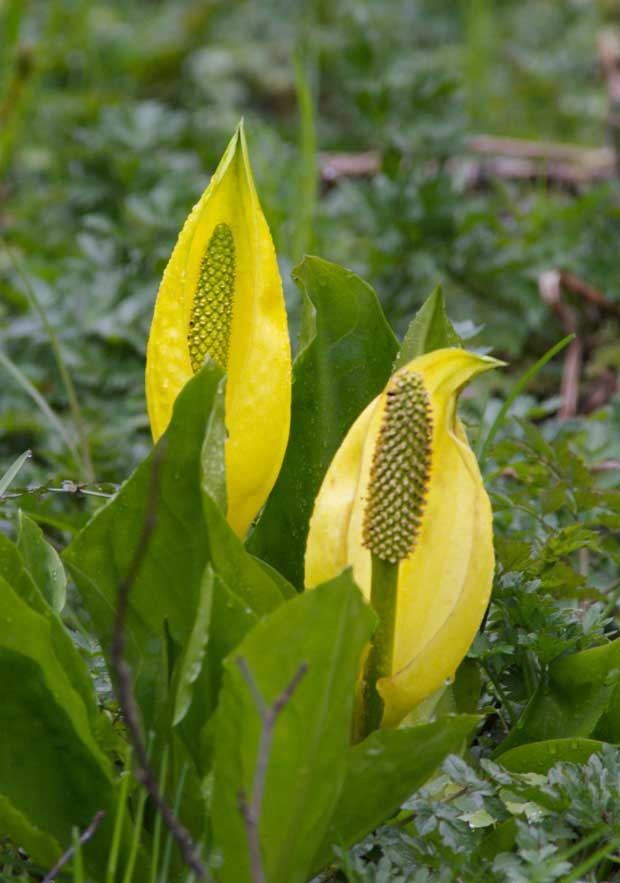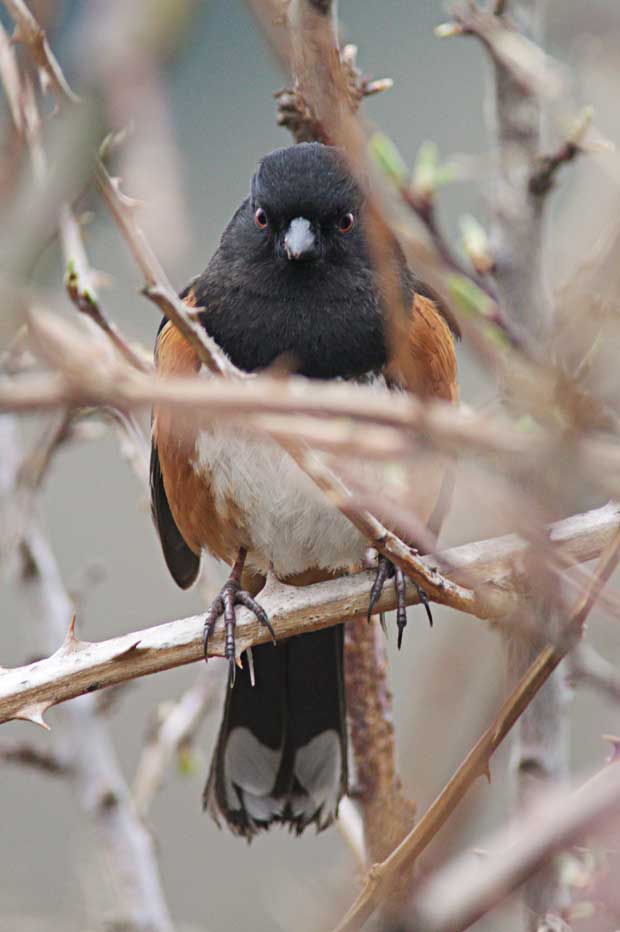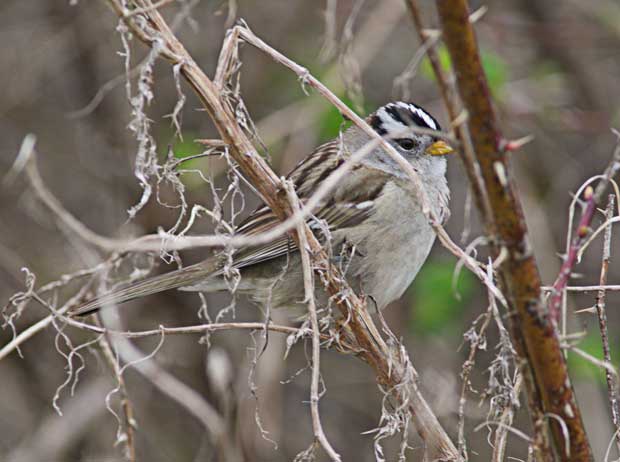I’ve finished Jack Gilbert’s Refusing Heaven and have noted several poems I liked, but few truly stand out, and I’m still struggling to figure out why. This poem seems representative of poems I like but doubt I’ll remember very long:
MOREOVER
We are given the trees so we can know
what God looks like. And rivers
so we might understand Him. We are allowed
women so we can get into bed with the Lord,
however partial and momentary that is.
The passion, and then we are single again
while the dark goes on. He lived
in the Massachusetts woods for two years.
Went out naked among the summer pines
at midnight when the moon would allow it.
He watched the aspens when the afternoon breeze
was at them. And listened to rain
on the butternut tree near his window.
But when he finally left, they did not care.
The difficult garden he was midwife to
was indifferent. The eight wild birds
he fed through both winters, when the snow
was starving them, forgot him immediately.
And the three women he ate of and entered
utterly then and before, who were his New World
as immensity and landfall, are now only friends
or dead. What we are given is taken away,
but we manage to keep it secretly.
We lose everything, but make harvest
of the consequence it was to us. Memory
builds this kingdom from the fragments
and approximation. We are gleaners who fill
the barn for the winter that comes on.
Gilbert’s ideas certainly resonate with me. The opening lines are what initially grabbed me, and I can almost imagine myself walking around naked, or, nearly naked, in the woods to watch the moon — though I would have been out camping in the wilderness when I did that. I sometimes think I actually admire the birds because they seem unaware it’s me that’s feeding them. And, at my age, it’s hard not to agree that “Memory/ builds this kingdom from the fragments/ and approximation. We are gleaners who fill/ the barn for the winter that comes on.” As hard as I try not to, at times I seem to be living my life in the past. In other words, Gilbert ties together a lot of the elements in my life better than I’ve ever been able to do.
It’s easier for me to identify what I like about the poem than to identify why it doesn’t make a stronger impression on me. I suppose one complaint, and it may well be a personal one, is that the poem seems to rely too much on conversation rather than imagery, and the photographer in me responds stronger to concrete imagery than to ideas. I prefer the immediacy of imagery to phrases like “we are given” or “we are allowed.” I want to experience what the poet knows, not be told about it. Of course, I’d have to be an idiot not to realize it’s nearly impossible to talk about the importance of memories in the present tense.
Maybe what I’m objecting to is the very idea that I live too much of my life in the past, or in my mind, rather than in experiencing the moment. That certainly has to be one of the dilemmas that any artist or writer faces when they spend more time trying to capture a moment than they actually did experiencing that moment.
Perhaps Gilbert’s greatest strength is simply that he makes me think. There are very few poems that I just skim without coming back to and thinking over again. He engages me, and that’s the most important reason to read, isn’t it?
Like this:
Like Loading...




